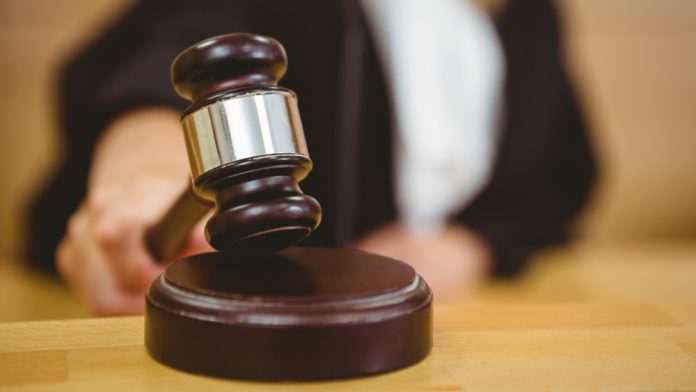The Seminole Tribe of Florida has had its appeal against ceasing state-wide online sports betting operations denied by federal judge Dabney L Friedrich.
Earlier this week, Friedrich dismissed the argument that sports betting was occurring on tribal grounds because of the location of the server taking those bets, and subsequently ordered the 30-year gaming compact to revert back to its 2010 version.
The outcome of the appeal resulted in the court finding the tribe “does not satisfy the requirements for the ‘extraordinary remedy’ of a stay” and noted that it failed to show the court’s decision will cause it “irreparable harm”.
Moreover, the tribe cannot show an injury to its sovereign immunity because “this case does not implicate that immunity”.
In addition, the court read that although the tribe has a substantial economic interest in the instant compact “economic loss does not, in and of itself, constitute irreparable harm”.
On the appeal, the tribe argued a “serious legal question” on whether the plaintiffs could “conduct an end run around the tribe’s immunity by filing suit against the United States” by citing a previous case, which was challenged, that the DC Circuit found to be reviewable in Amador County.
Yet the court insisted that it is “straightforward that challenging federal agency action under the Administrative Procedure Act does not implicate the tribe’s sovereign immunity.
Additionally, the tribe argued that its motion “raises a serious question” due to the court’s alleged “opinion conflicts with PPI”.
On this matter, the court insisted it “takes more than judicial disagreement to warrant a stay” and noted that PPI “both misstated the role of sovereign immunity” and “failed to address a strange consequence of its holding: that the secretary’s approval of gaming compacts would ‘never be subject to judicial review because the nonjoinder of a tribe [would] always require dismissal’”.
Further reiterating its argument, the court stated that the tribe has “thus failed to identify a serious legal question” which it states is a sufficient basis for denying a stay.
The denial of Seminole’s appeal follows on from the tribes’ recent defiance of the original court ruling and continuing to take online sports bets, citing that the community would be “irreparably injured” if it were to cease operations pending the appeal outcome.
In a statement to the courts, Marcellus William Osceola Jr, chair of the tribe, responded to the Federal Court’s ruling that deemed Florida’s sports betting law – which gave the Seminole Tribe a de facto monopoly – in violation of federal Indian Gaming Law, instantly rendering sports betting illegal once again in the Sunshine State.
Osceola Jr. stated that, if it was not permitted to operate under the 2021 compact during an appeal, the state of Florida would “lose tens of millions [dollars] per month” in revenue sharing payments from tribes.
“The tribe’s online sports betting authorised by the compact is now in operation, and is generating millions in revenue per week,’’ explained Osceola Jr.
“The tribe is using these funds to pay back the development costs for its online sportsbook, make revenue-sharing payments to the state and fund important tribal programmes.
“The tribe would immediately lose the millions in online sports betting revenues the tribe is generating. As a result, many of these jobs and outsourced positions would be lost.”
Since November 1, citizens of Florida had been allowed to bet and following the ruling by Friedrich, will no longer be able to do so. Moreover, it will further stop Seminole casinos offering roulette and craps to customers at venues, which Osceola Jr stated the tribe spent “hundreds of thousands of dollars” to implement from August 11, 2021 when the compact took effect, and leaves a $2.5bn hole in the state’s funding plans.
In her judgement, Freidrich wrote: “Although the Compact ‘deem[s]’ all sports betting to occur at the location of the tribe’s ‘sports book[s]’ and supporting servers… this court cannot accept that fiction.
“When a federal statute authorises an activity only at specific locations, parties may not evade that limitation by ‘deeming’ their activity to occur where it, as a factual matter, does not.”













